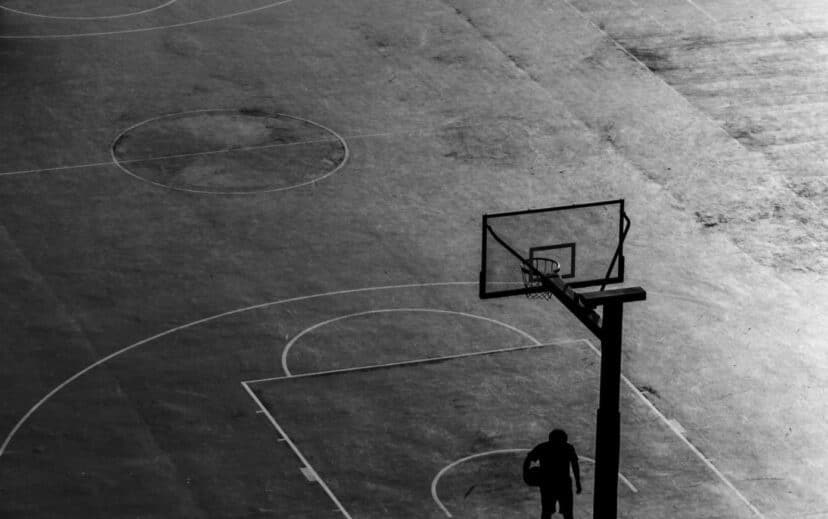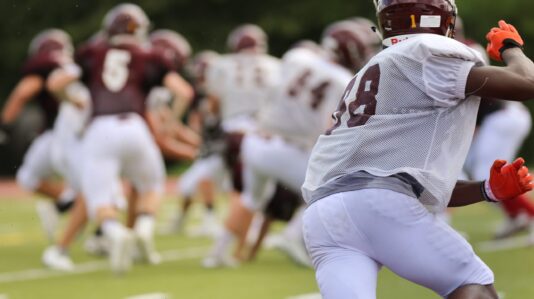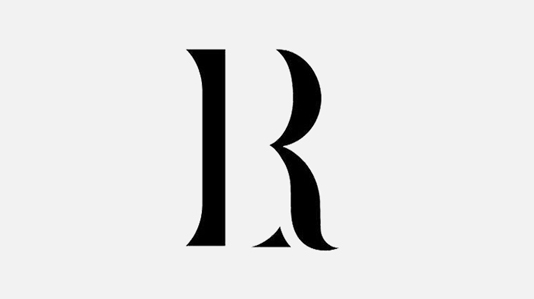In a groundbreaking decision, the U.S. Supreme Court has unanimously ruled against the NCAA regarding its restrictions on paying student-athletes for academic-related expenses. NCAA v. Alston involved a challenge to the NCAA rules which limit student-athletes to receiving money covering their cost of attendance at college (i.e., tuition, room and board). The Court held that the NCAA’s actions violated federal antitrust laws. While the decision is narrow in scope, it has important implications for other legal efforts to provide compensation to college athletes.
What Was the Student-Athletes Argument?
Student-athletes contended that the NCAA and its member schools violated federal antitrust law by agreeing to limit how much athletes could be compensated for academic-related expenses. They argued that this constituted unfair and anti-competitive activity. NCAA rules prohibit athletes from being reimbursed for expenses such as laptops, computer costs, study abroad programs, paid internships, tutoring, musical instruments, scholarships to attend vocational schools, and other academic-related expenses, even though colleges can pay for these costs for other students.
How Did the NCAA Defend Its Actions?
The NCAA has consistently argued that it has immunity from federal antitrust law based on dicta (side arguments) in prior court decisions. In a 1984 Supreme Court case, NCAA v. Board of Regents, the Court held that the NCAA should enjoy “ample latitude” under antitrust law when it comes to creating amateurism policy. The NCAA has relied heavily on this line for the past 37 years until the current Court noted its non-binding nature and irrelevance to the Alston case, eliminating a key argument for the NCAA. Further, it claimed the decision would hurt collegiate sports by blurring the line between amateur and professional sports. Colleges would financially compete for athletes by offering more lucrative academic-related benefits. This would hurt the perception of the students as amateurs, in turn alienating fans. The NCAA believes that its distinct amateurism business model is what the fans value and makes collegiate athletics appealing. By eliminating this, they would be jeopardizing the unique factor that makes them so profitable.
What Did the Supreme Court Decide?
The U.S. Supreme Court held that the NCAA was in violation of Section 1 of the Sherman Antitrust Act by limiting reimbursement for academic-related expenses. Section 1 prohibits “contract[s], combination[s], or conspiracy[ies] in restraint of trade or commerce.” The Court rejected the NCAA’s argument that it was entitled to special treatment under antitrust law. Further, the Court refused to defer to the NCAA’s amateur-professional athlete distinction because the organization has not adopted a consistent definition of amateurism and has shifted its rules regarding compensation over time.
As a result of the decision, the NCAA must revise its rules regarding educational expenses to eliminate relevant restrictions on what schools can provide. However, colleges are not obligated to pay any of these costs to student-athletes. Instead, they have the discretion to decide what they will offer to attract the best athletes.
Individual athletic conferences can still set limits on compensation if they choose. Further, the NCAA can still restrict certain in-kind educational benefits. In the Court’s opinion, Justice Gorsuch clarified that nothing is stopping the NCAA from enforcing a “no Lamborghini rule,” emphasizing the narrowness of the decision to education related benefits. The NCAA can seek clarification from Judge Wilken, the District Court judge who first ruled in favor of the student-athletes, as to whether the benefit is related to education. This means there will likely be future proceedings over certain types of benefits.
How Will the Decision Affect Other NCAA Restrictions on Compensation of Student-Athletes?
Notably, the decision did not address other forms of compensation for student-athletes. However, student-athletes will continue to push to end all payment restrictions. They argue that the NCAA, colleges, coaches, and others make substantial sums of money off collegiate sports, and it is unfair for them to be prohibited from profiting as well. Athletes are likely to use the Court’s decision to justify challenging other limits on receiving money. At the top of the list is compensation for use of their name, image, and likeness (NIL). Several states have passed NIL legislation allowing student-athletes to be paid for such use. The NCAA has not yet drafted NIL rules, but the Supreme Court decision is likely to influence the NCAA’s eventual regulations. Allowing athletes to sign sponsorship and endorsement deals and be paid for personal appearances has the potential to be more lucrative than expanded educational payments and may be the next legal battleground if the NCAA prohibits it.
What is clear is that NCAA control will continue to be challenged and we are likely to see significant changes in the next few years.
Conclusion
Get in touch to set up a consultation to learn more about how this case may apply in your situation.




